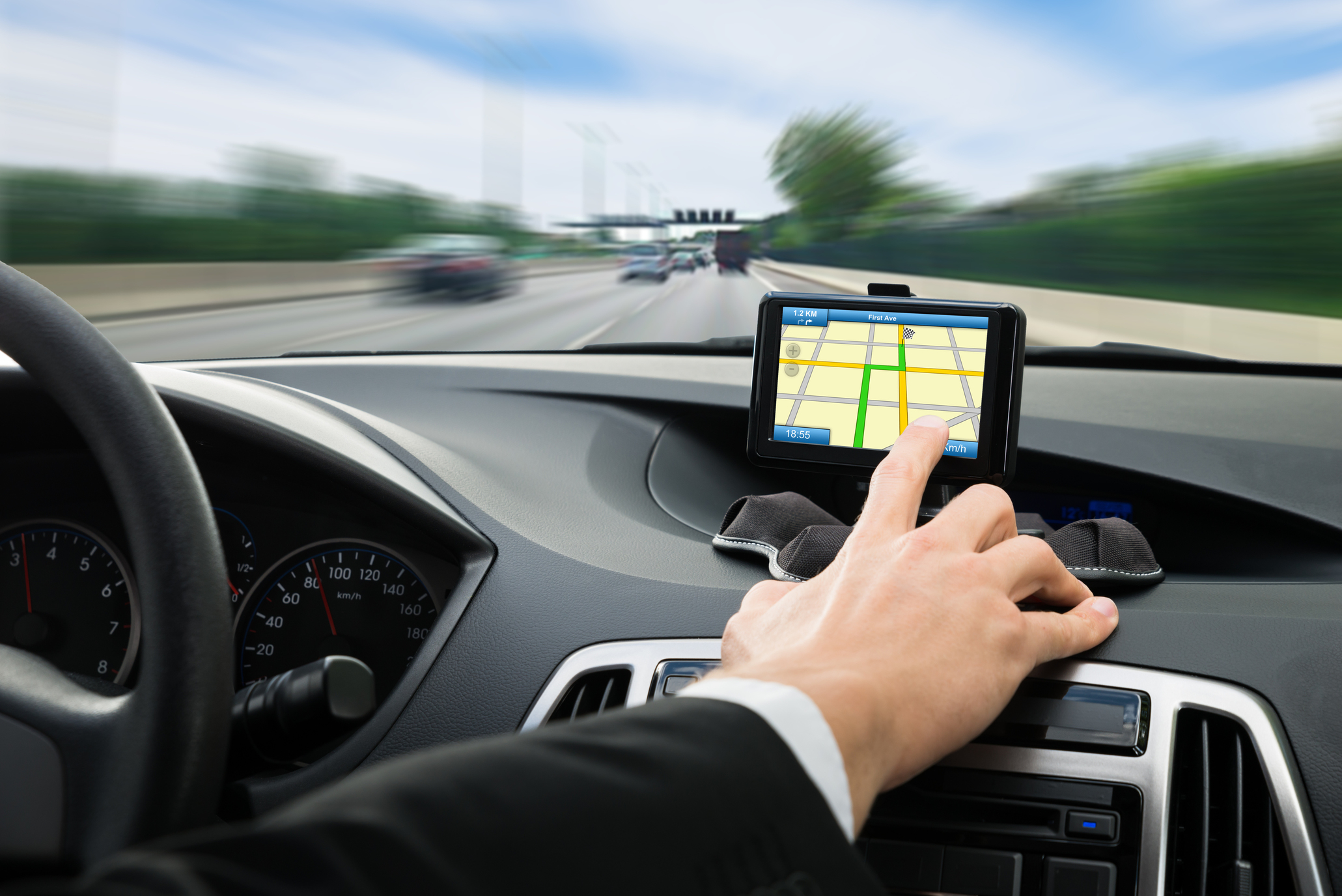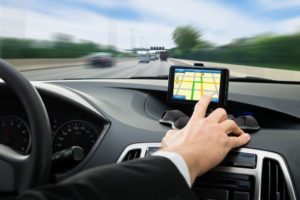Gauging The Accuracy Of GPS Speed On Cars

 When talking about GPS, many people think that it’s all about finding where you are in the world. This is true enough. Companies such as CAST Navigation do focus on GPS satellite navigation, among others. The technology has been around for mostly that purpose. Its effectiveness as a location service is proven, but not many people know of GPS’s other uses. Take speedometers, for instance.
When talking about GPS, many people think that it’s all about finding where you are in the world. This is true enough. Companies such as CAST Navigation do focus on GPS satellite navigation, among others. The technology has been around for mostly that purpose. Its effectiveness as a location service is proven, but not many people know of GPS’s other uses. Take speedometers, for instance.
GPS-Based Speedometer Basics
Speed measurement is not exactly a new facet of GPS technology. Many GPS-enabled devices such as smartphones already display your speed (most especially when using applications like Waze). These devices measure speed by determining how far an object travels within a given amount of time. Differences abound, however, when using GPS devices in comparison with traditional speedometers.
The accuracy of a GPS-based speedometer relies on its positional technique. What this means is that the speedometer calculates an object’s speed on how far it’s moved since the previous measurement. Short interval updates are important to keep the reading as accurate as possible. Computer algorithms also do their job at improving the measurement’s precision.
The Difference
An average of 6 to 7 percent difference can be observed between GPS and a traditional speedometer. But according to Professor Richard Langley of the University of New Brunswick, GPS is far more accurate. Prof. Langley cites certain factors, however, which may adversely affect the GPS signal. For instance, accuracy is at its best outside of tunnels and subways. To provide measurements, all a GPS device can provide are extrapolated or interpolated readings.
Traditional speedometers are quite unreliable as a lot of factors can affect it. Unlike GPS which loses accuracy when there’s no clear sky, conventional speedometers can be affected by things such as wheel size and even tire wear. These issues make constant calibration a must. Many car manufacturers recommend that drivers count 0.1 to 0.5 MPH tolerances when determining speed readings.
Which speedometer should be used, then? Whatever happens, a constantly calibrated speedometer will do if there are obstructions to GPS signals. The most important thing is that speed limit regulations are followed to avoid automobile accidents.




